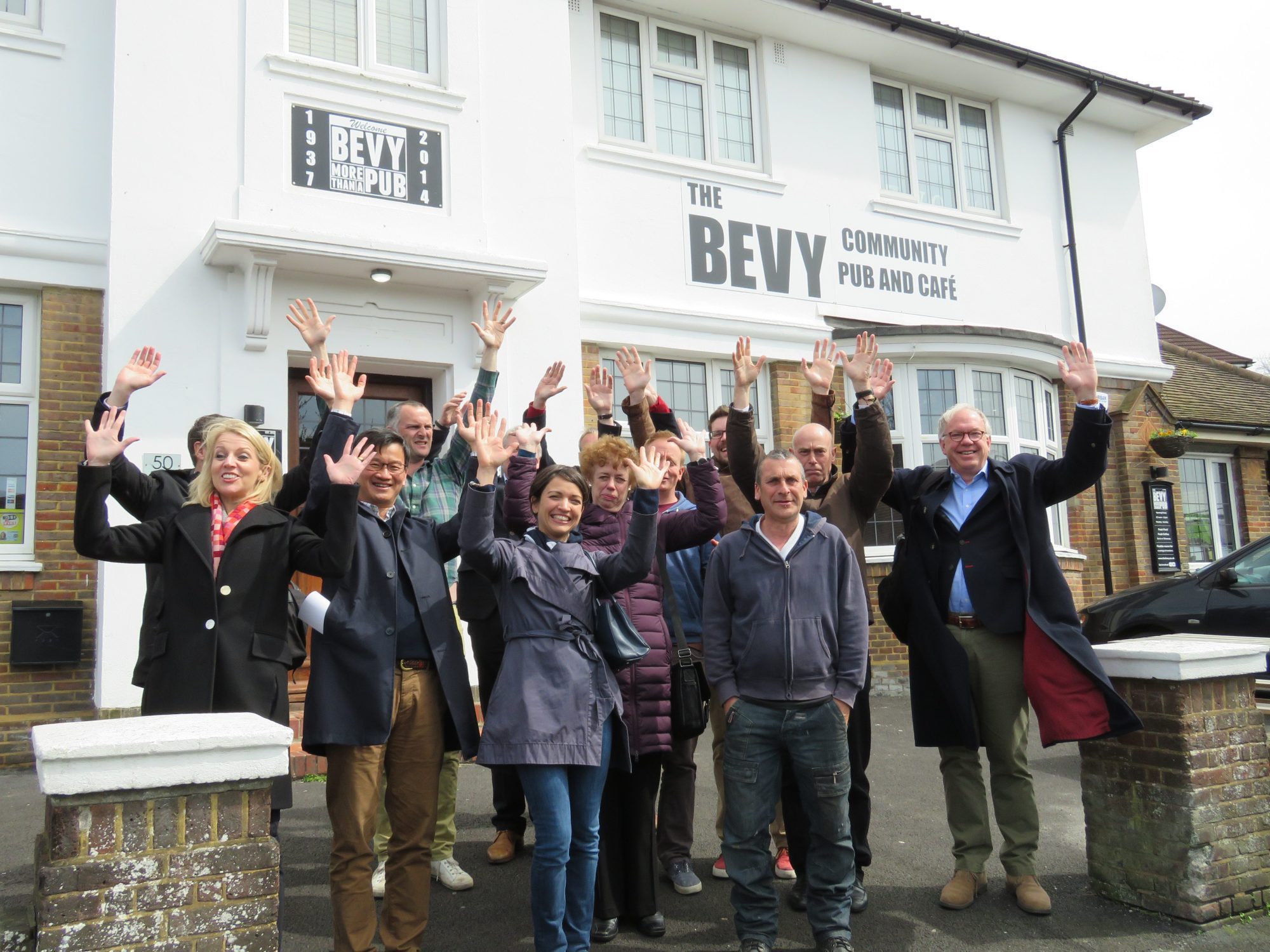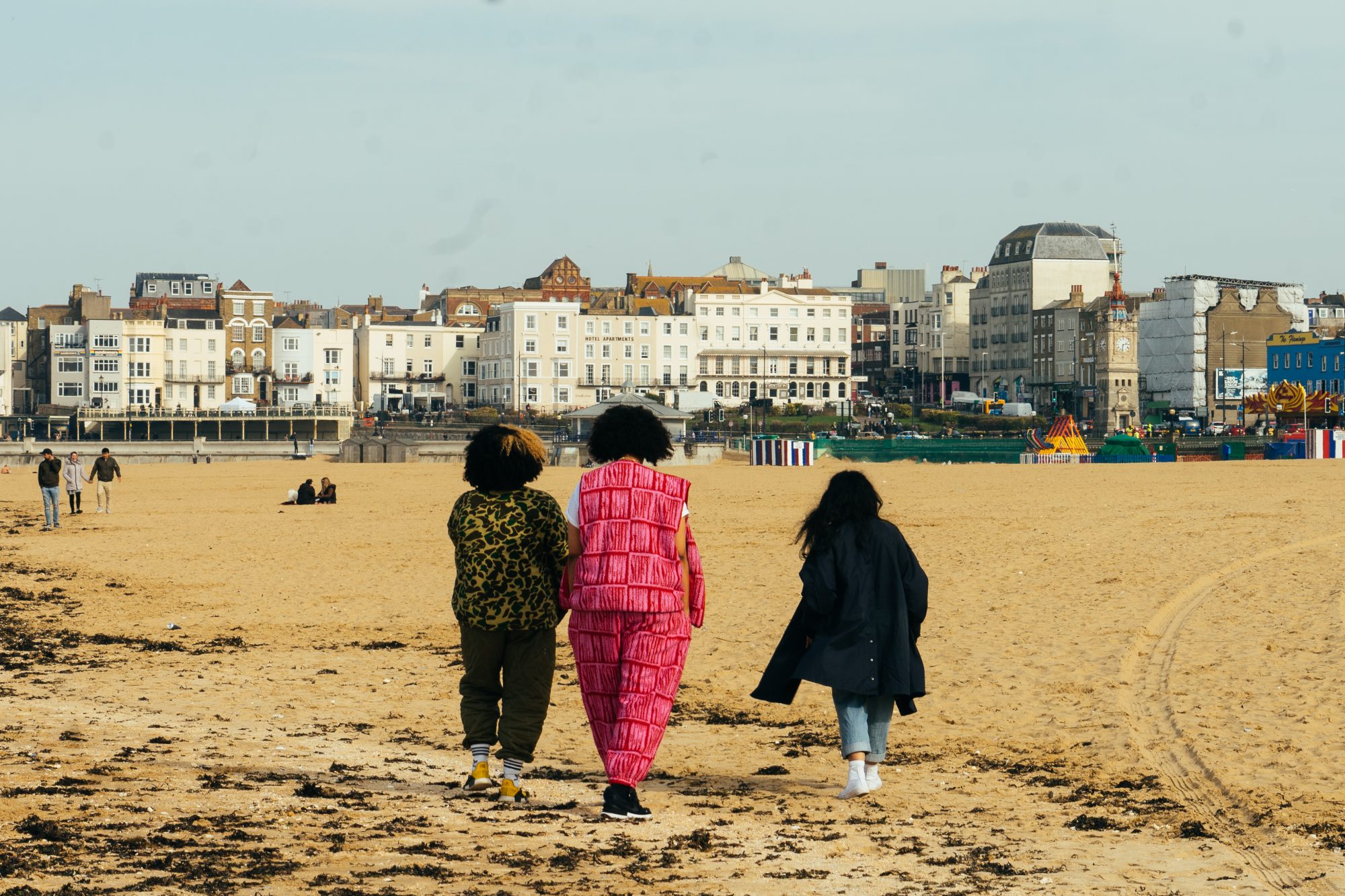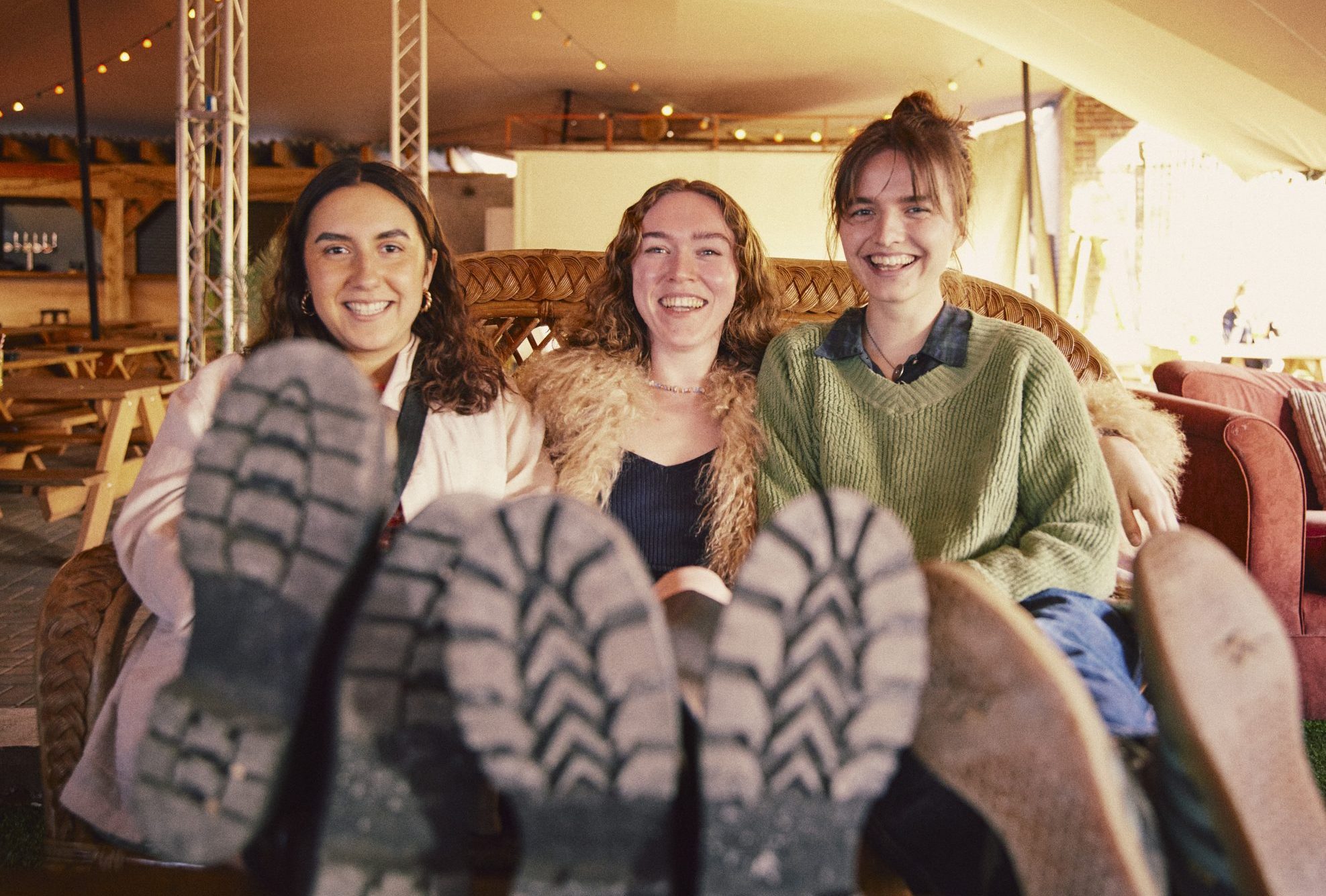The wave of social solidarity we have seen sweep across the country in recent weeks now needs to be rooted in community businesses and other locally rooted organisations. In their latest report, Local Heroes: How to sustain community spirit beyond COVID-19, Vidhya Alakeson and Will Brett examine how community businesses can play a key role in harnessing all the goodwill that has been unleashed.
An extraordinary wave of social solidarity has swept through the country in the wake of Covid-19. We clap every Thursday night to show our appreciation for key workers on the front line. Over 750,000 signed up to help out the health services. There are nearly 3,500 local mutual aid groups registered on the Covid-19 Mutual Aid website and around two million people have joined local support networks on Facebook.
These spontaneous acts of community spirit have grabbed the headlines. But they are underpinned by the tireless work of established community organisations whose speed of response, adaptability and deep local roots ensure that people in their communities are fed, supported and remain connected to others.
This crisis has accelerated a movement of community power that had already taken shape and was building slowly, largely unseen and unreported. The arrival of Covid-19 on our shores thrust it centre stage. Many millions of us have come to understand (if we didn’t already) that when real crisis comes, our immediate community is the front line of defence. Community isn’t just ‘nice to have’. It’s a matter of life and death.
This fact holds huge implications for public policy. If the community response to the crisis has been central to ensuring people’s wellbeing and enabling the state to cope and reach people it would otherwise miss, we have to take the opportunity now to embed community power for the long term. It can’t be a blip – a feature just of the crisis. We have to knit it into the way our communities and local economies start to recover and rebuild.
A shift like this will take time to work through the system. It won’t happen overnight. But this crisis offers us a chance to take the first steps on a journey we simply have to make. We put forward three proposals to get us started.
The first is to create a £300m Community Heroes Fund to reward the people and organisations that have led the community fight against Covid-19, and to rebuild our social fabric as we come out of this crisis. It would provide £50m of start-up grants to mutual aid groups which want to become permanent organisations, working to meet the needs of their communities for the long term. It would also support existing charities, community organisations and community businesses to rebuild, with a focus on long-term resilience.
Second, Government should bring forward new legislation to enable community organisations to take greater responsibility for public budgets at the neighbourhood level. If community organisations can demonstrate significant local support, they should be able to take on the budget for managing parks, playgrounds, local sports clubs, markets, local museums, community centres and civic spaces. Community organisations should be able to play a pivotal role in how local amenities like these and other services are managed, so they can positively shape the experience of living in a place and bring their community together.
Finally, we need to replicate the depth of strategic partnership between the state and community organisations that is getting us through this crisis as we enter the recovery phase. This could mean requiring community representation on the governing committees of all agencies involved with the recovery, including Local Enterprise Partnerships, Integrated Care Systems, Town Boards and Health and Wellbeing Boards; or requiring councils to establish high-level strategic oversight boards for the recovery which include representatives from community organisations. Whether it’s town centre revival or rebuilding local employment, the expertise of locally rooted organisations who know their communities deeply must be part of the solution.
Together these three proposals are designed to ensure this moment of community power does not fade away but instead shapes the post-coronavirus social and economic settlement by giving greater power to community organisations to shape their local areas, and critically the resources to do so. Because make no mistake: sustaining today’s community spirit holds the key to creating a stronger, fairer and more resilient society in the wake of the crisis.
You can read the full essay here.



